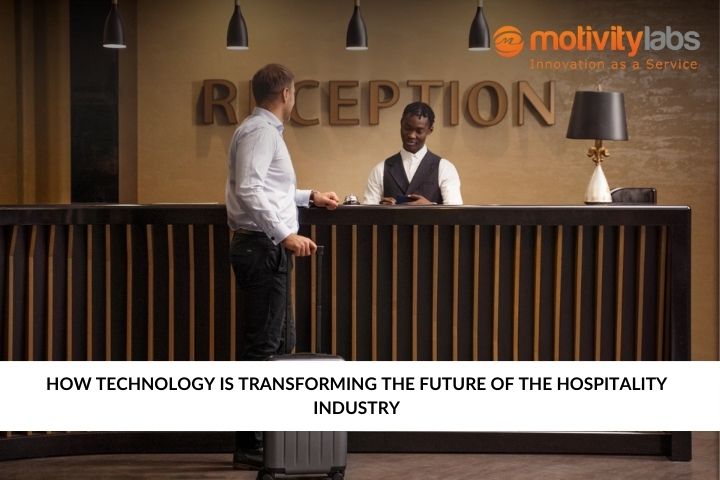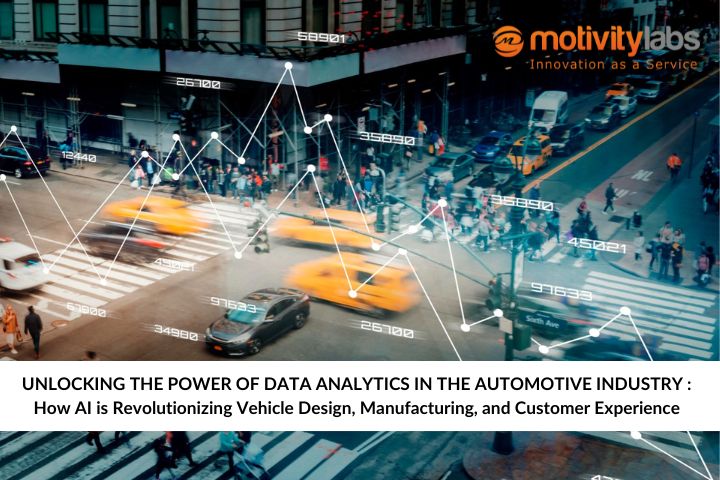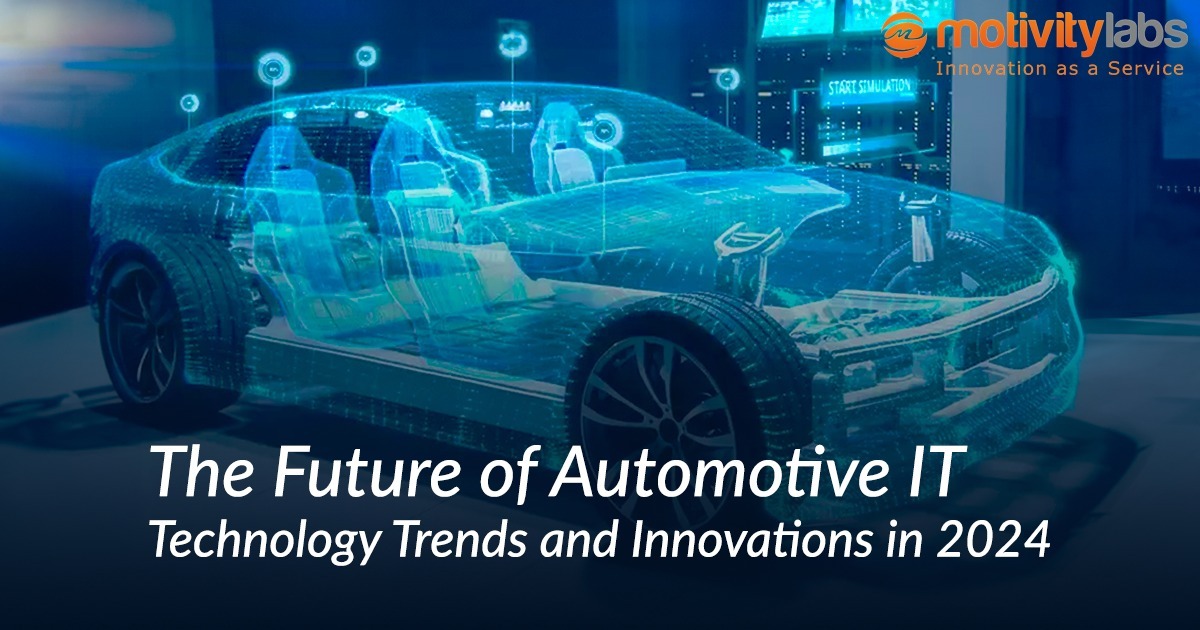Introduction
From virtual assistants to secure payments, information technology in hospitality industry is presenting new approaches to manage and operate ventures. Here are our insights pertaining to the current uses and future prospects of technology in customer service, operations, marketing, and sustainability in the hospitality industry.
Key Technological Drivers
Artificial Intelligence (AI)
AI applied in consumer relations has helped design intelligent interactions and operations. Technological advancements in the hospitality & tourism industry have become integrated into businesses operations, for eg., AI in chatbots and virtual assistants are now providing round the clock customer care services efficiently.
“IT solutions for hospitality industry isn’t just about automation, it’s about creating intelligent interactions that enhance the guest experience.”
Internet of Things (IoT)
IoT is integrated in smart room controls and energy management systems among others. These devices increase guests’ satisfaction and ultimately help in improving the operational performance through data harvesting and automations.
“IoT is all about giving guests control over their environment, making them feel truly at home.”
BlockChain
Digital transformation in hospitality industry is driving the adoption of blockchain. It is one of the most efficient ways to ensure the security of transactions and storage of data. This means that information stored on this network is immutable and can be used in applications such as: payments, identification, and loyalty programs.
“Blockchain isn’t just a buzzword, it’s providing real solutions for fraud prevention and transparency in the industry.”
Robotics
Self check-in counters, robotic doormen, and automatons that cook food are examples of the application of robotics in hospitality IT services. It is now possible for robots to facilitate room and concierge services, and even preparing meals; so that so that human staff can offer other distinctive services.
“Robotics isn’t about replacing humans, it’s about freeing them up to focus on providing that personal touch that truly matters.”

Current Market Applications
AI: The New Concierge
AI chatbots and virtual assistants are revolutionalizing information technology in hospitality industry. Such AI solutions can further respond to the inquiries of the customers, book a table without the need of a human, and suggest items according to customer preferences. For instance, Marriott International employs ‘Marriott Chatbot’, an AI-based chatbot it helps the guests with bookings, room service and information on places of interest.
IoT: Personalizing Guest Experiences
Rooms which can be controlled through use of smart devices are common in many hotels. Such rooms enable the guests to use their smartphones or voice to control lights, heating/cooling, and music. Hiltons ‘Connected Room’ technology enables guests to control various aspects of their stay and manage room settings through the Hilton Honors app. Technological advancements in the hospitality & tourism industry directly translates to high guest satisfaction levels.
Blockchain: Securing Transactions and Data
IT solutions for hospitality industry now include blockchain technology to enhance security and trust in transactions. For example, TUI Group, which is one of the biggest travel and tourism conglomerates, uses blockchain for inventory and reservations. This minimizes fraud and assures legality.
Future Impact Analysis
Enhanced Customer Service through AI
Natural language processing and machine learning is spearheading digital transformation in hospitality industry. By using AI, recommendations and solutions that are most beneficial to customers can be offered in real-time. This hyper-personalized experience begets loyal customers.
Advanced IoT Integration for Operational Efficiency
Hospitality IT services are increasingly relying on IoT integration to improve operational efficiency. For instance, maintenance of equipment using IoT data such as prognostics can eliminate unwanted down time and lower costs. Moreover, an improved energy management system can help with sustainability initiatives.
Blockchain for Comprehensive Data Security
Blockchain goes further than improving financial transactions Information technology in hospitality industry is leveraging blockchain to ensure comprehensive data security. Envision client privacy and limiting any information leak at all times with any guest information and identity checks. This will be especially true with laws regarding data protection becoming more stringent.
Robotics for Seamless Operations
Technological advancements in the hospitality & tourism industry are paving the way for more sophisticated robotics applications. Tasks similar to preparing gourmet dishes, butler and driving services will in the future be tackled by such robots. This will not only improve the guest experience but also free up human employees to cater to other aspects.
Sector-Specific Impacts
Customer Service
Digital transformation in hospitality industry has completely changed how customer service ismanaged. The use of Artificial Intelligence (AI) and chatbots enables immediate response to clients’ inquiries hence ensuring a seamless experience. Internet of Things (IoT) devices help in personalization of the room settings leading to better guest’s comfort. Robotics adds ambience to client interactions by providing newness and speed. As these advances, customer service will be more customized, efficient and gratifying.
Operations
IT solutions for hospitality industry are greatly helping operational efficiency. Prediction algorithms based on AI optimize staffing levels thereby minimizing labor . IoT sensors can provide real-time data for better decision making like adjusting energy consumption based on occupancy level of the rooms. With robotics doing repetitive duties, staff are freed up to concentrate on higher value tasks. In future there would be even more close integration of such technologies which would enhance activities thus saving costs from streamlined operations.
Marketing
Hospitality IT services are revolutionizing marketing strategies through AI-powered analytics and personalization. AI can be used to analyze customer data for marketers to target certain customers. Social media network application uses artificial intelligence (AI) for pattern recognition and offers. The integration of blockchain into loyalty programs ensures that consumers are creating a viable marketing partnership and that the right setup is there when dealing with the retailers. With these technologies advancing, marketing processes are going to be smarter, more targeted and productive.
Sustainability
Information technology in hospitality industry is playing a crucial role in driving sustainability initiatives. Sustainability has become a concern in today’s world within the sector of hospitality. They use IoT devices that consume much less power than other alternatives hence have minimum carbon emissions. Machines classify data in order to identify areas where efficiency can be improved. Blockchain is applied in supply chain management which promotes transparency thereby allowing ethical sourcing. Moreover, future technology advancements will include Artificial Intelligence in sustainability planning, and Internet of Things, like LEED certified, Green buildings.
Case Studies
Marriott International
Marriott International is at the forefront of technological advancements in the hospitality & tourism industry. Their AI-powered chatbot responds to customer requests and helps with choosing rooms and ordering room service. Also, Marriott International’s M Live command centre incorporates social media and analytics to interact with guests and attend to their concerns in real time!
Hilton’s Connected Room
Digital transformation in hospitality industry is evident in Hilton’s Connected Room concept. This product enables guests to control and personalize the settings of the room using the Hilton Honors application. Lighting, temperature, and entertainment systems can be operated through guest’s smartphones. This has improved guest satisfaction and loyalty towards the Hilton brand.
TUI Group
IT solutions for hospitality industry like blockchain are being leveraged by TUI Group to enhance security and transparency. This has helped minimize cases of fraud and enhance transparency of transactions. With applying the concept of blockchain, TUI Group can guarantee all its transactions are reliable and documented, which contributes to the credibility and effectiveness of its processes.
Robotics in Operations
Hospitality IT services are pushing the boundaries with robotics, as demonstrated by Henn-na Hotel. It is referred to as the first hotel in the world to be operated almost entirely by robots! These robots can work 24/7/365 and perform tirelessly, thus saving on expenses that are accorded to humans.
Challenges and Drawbacks
In summary, the hospitality industry has access to an assortment of technological advantages; however, it needs to understand the distinct workings, tribulations, and disadvantages presented by technology as well. One of the key issues is a high cost of introducing and maintaining innovative technologies. Small and medium businesses may not be in a position to afford these investments, and therefore, it may decrease the preparedness of different facilities and organizations to supply services at varied levels.
Data security is the other major concern in the profession. Being an industry that heavily depends on technology and particularly digital technologies, the risk of cyber attacks and data breaches is ever present. Paying strict attention to cybersecurity regarding guest’s data and conforming to laws of data protection is crucial.
In addition to this, technology can be integrated leading to reduced human interactions which are an essential characteristic of hospitality. However, it is essential that a balance between automation and personalized human service is maintained in order to achieve high guest satisfaction ratings.
At Motivity Labs we are aware of both opportunities and difficulties that arise when integrating new IT solutions for hospitality industry into your business. Our range of hospitality IT services includes AI solutions as well as IoT integration and cyber security. Contact us for a future in hospitality driven by innovation.
“The key is to use technology to enhance, not replace, the human element of hospitality.”



